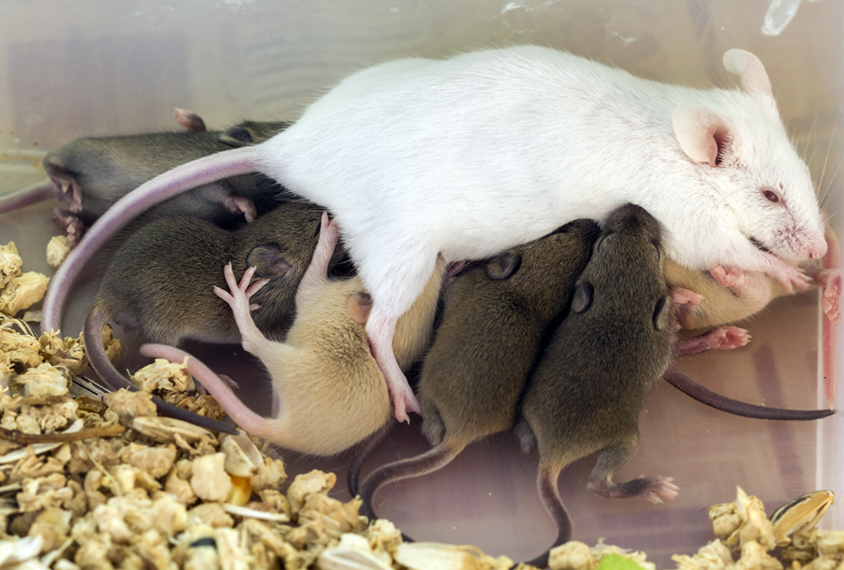Mark Zylka
Associate Professor
University of North Carolina at Chapel Hill
From this contributor
Few autism researchers control for the ‘litter effect’ — this needs to change
Anyone who uses multiple animals from a small number of litters to increase sample size is making a serious mistake. The similarities within individual litters will heavily skew the results.

Few autism researchers control for the ‘litter effect’ — this needs to change
Length matters: Disease implications for long genes
A gene’s length may influence its expression, and this has implications for autism, which tends to be linked to particularly long genes, says Mark Zylka.

Length matters: Disease implications for long genes
Explore more from The Transmitter
This paper changed my life: Ishmail Abdus-Saboor on balancing the study of pain and pleasure
A 2013 Nature paper from David Anderson’s lab revealed a group of sensory neurons involved in pleasurable touch and led Abdus-Saboor down a new research path.

This paper changed my life: Ishmail Abdus-Saboor on balancing the study of pain and pleasure
A 2013 Nature paper from David Anderson’s lab revealed a group of sensory neurons involved in pleasurable touch and led Abdus-Saboor down a new research path.
Sex bias in autism drops as age at diagnosis rises
The disparity begins to level out after age 10, raising questions about why so many autistic girls go undiagnosed earlier in childhood.

Sex bias in autism drops as age at diagnosis rises
The disparity begins to level out after age 10, raising questions about why so many autistic girls go undiagnosed earlier in childhood.
Microglia implicated in infantile amnesia
The glial cells could explain the link between maternal immune activation and autism-like behaviors in mice.

Microglia implicated in infantile amnesia
The glial cells could explain the link between maternal immune activation and autism-like behaviors in mice.